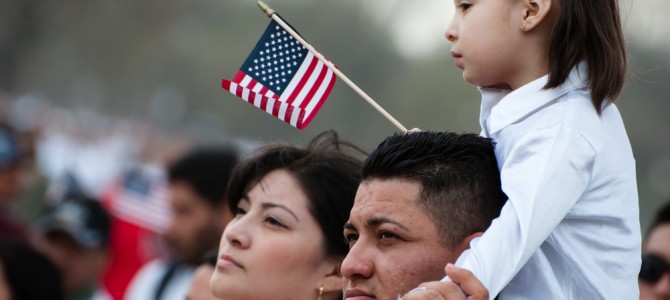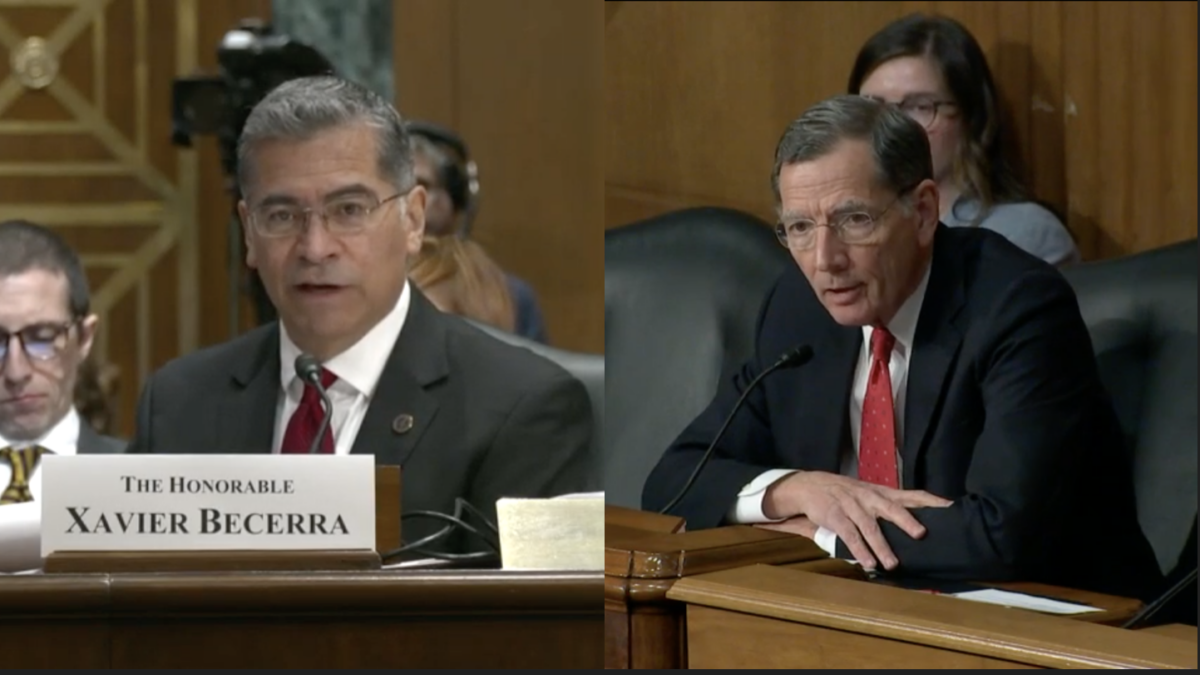
As the 2016 presidential primary season heats up, immigration reform is getting more attention than ever. Candidacy announcements, the first GOP presidential debate, political rallies: all seem to touch upon immigration.
But like Hercules and the Hydra, each attempt to tackle the nation’s most contentious immigration problems appears to only worsen the prospects for real reform. Rather than building upon the general consensus around finding real solutions to the country’s broken immigration system, each development in the debate appears to give rise to still more ugly heads.
Those ugly heads take many forms. Issues that hadn’t been on the table for decades are now front and center, spanning birthright citizenship (and its ugly rhetorical cousin, the “anchor baby”), mass deportation, the seizure of remittances, and more.
Let’s Start With Some Immigration Facts
All in all, the current debate has already painted a remarkably negative picture of immigration to this country—and a stunningly inaccurate one. So what’s the reality of immigration to the United States?
An estimated 11 million immigrants currently live here in the United States without documentation or authorization. Of that group, almost 90 percent have been here at least five years. Over 60 percent have been here at least ten years—and 45 percent of that group own their own homes. About half of undocumented immigrants have children who were born here and are, as a result, U.S. citizens.
Although so much of the focus is on Mexican immigrants, it’s worth noting that net Mexican migration to the United States is zero, with just as many people moving southward across the border as northward.
Meanwhile, the overwhelming majority of Americans support providing a path to either citizenship or legal status for the 11 million undocumented immigrants living inside U.S. borders. Poll after poll shows that less than 20 percent of Americans support mass deportations. So while many candidates seeking political gain continue to lambast undocumented immigrants, the reality reflects a comfort that Americans have with the immigrant community.
It shows something more: an understanding among Americans that the vast majority of that community is made up of hard-working, law-abiding folks who make enormous contributions to our economy and social fabric. The issue goes beyond public support. It’s an issue of the injustice of the current immigration situation—to both immigrants and the nation alike—and how reform could remedy that.
Our Immigration System Is Unjust to Everyone
Real solutions require a shift of focus: full access to opportunities, quality education, and federal policy designed to increase self-reliance rather than dependency. This would incentivize generations of immigrants (and their children) to contribute still more to American society as they strive to create a better future for themselves, their families, and the communities around them.
The children of immigrants are an increasingly central part of this discussion. Candidates toss around the term “anchor baby,” either unaware of its invalidation of whole generations of Americans or in a deliberate effort to offend and alienate the many that term applies to. Some have called for repealing the provision that guarantees U.S. citizenship to anyone born on U.S. soil, claiming it incentivizes illegal immigration.
What is forgotten is that birthright citizenship has created generations of Americans of all races and ethnicities. No person born on U.S. soil should ever have to settle for a diminished claim to the rights, honors, and privileges constitutionally conferred to others before them. Equal opportunity is essential to the notion that anyone from anywhere can achieve anything in the United States.
All of this is fundamental to the idea that ours is a country built on shared beliefs—not on shared ethnicity. Our nation’s fiber is strengthened by our shared belief system. And taking away birthright citizenship ultimately would diminish what makes us so uniquely American.
Meanwhile, the primary season rages forward. The Latino community and the rest of the country continue to feel the heat of the rhetorical firebombs alienating voters and poisoning our political discourse. Claims of political correctness are often pedantic—but don’t mistake this for that kind of argument. The temperament and rhetoric of presidential candidates matter. They can elevate our political discourse or sink it further into the mud.
Candidates from both sides cannot act as idle political spectators. It is, perhaps more than anyone else, their job to reclaim the moral high ground, to articulate a vision for this country that’s based on our common beliefs, our common humanity, and our common American-ness.
This country deserves no less.









